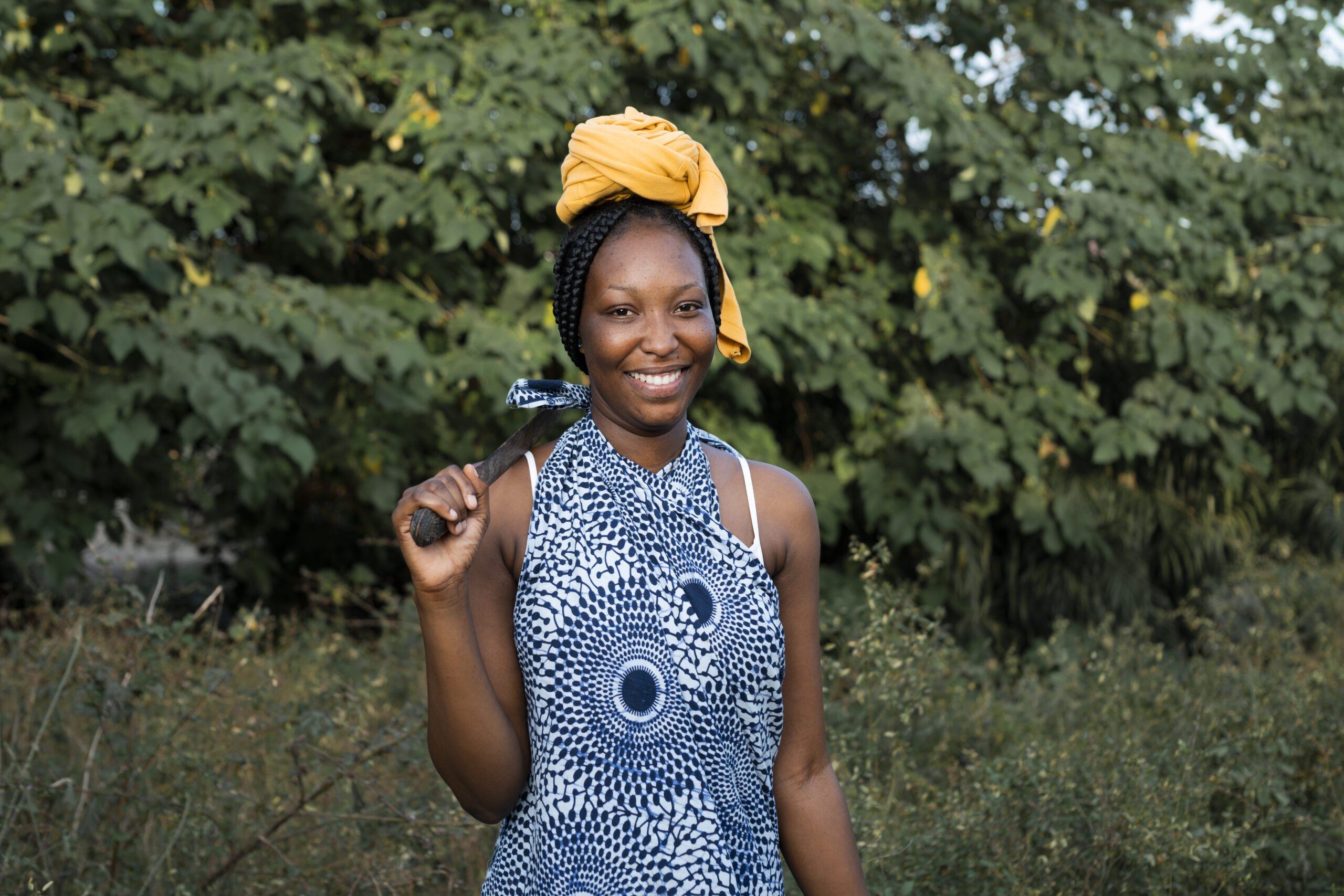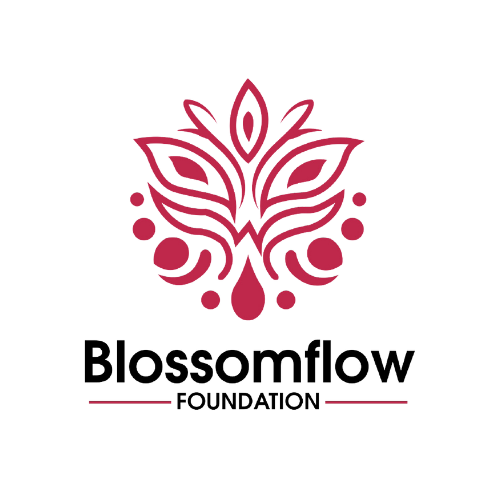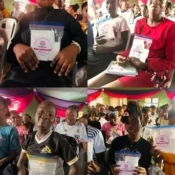
Strategies for Advancing Gender Equality in Traditional Nigerian Societies
Cultural norms significantly influence societal operations. However, when these traditions curtail women’s rights and opportunities, they hinder progress. In many traditional Nigerian communities, deep-rooted beliefs about gender roles continue to restrict women’s full participation in education, business, leadership, and decision-making. While culture is a vital part of identity, it must evolve to support gender equality and empower women to contribute meaningfully to their communities. This Blog examines the impact of cultural norms on women’s rights, the challenges faced, and strategies for promoting gender equality while respecting cultural values.
How Cultural Norms Affect Women in Traditional Societies
-
Limited Access to Education
In numerous traditional communities, girls are often expected to marry early and manage household duties instead of pursuing education. Families may prioritize sons’ education over daughters’, believing a girl’s primary role is to be a wife and mother.
Fact: Approximately 10.5 million Nigerian children aged 5-14 are not in school, with girls constituting a significant portion.
Example: In Northern Nigeria, some communities discourage girls from attending secondary school due to concerns about “Western influence” and “moral decay.”
Solution:
- Implement community sensitization programs to educate parents about the long-term benefits of educating girls.
- Enforce compulsory education laws and provide financial incentives to families who educate their daughters.
-
Early and Forced Marriage
Cultural and religious traditions often pressure girls into marriage at a young age, limiting their chances of achieving economic independence and personal growth.
Fact:43% of Nigerian girls are married before their 18th birthday, with rates as high as 78% in the northern regions.
Example: In parts of Kano and Zamfara, families marry off girls as young as 13, believing it protects their “honor.” These girls often drop out of school and face health risks from early pregnancies.
Solution:
- Governments and religious leaders should collaborate to raise the legal marriage age and ensure strict enforcement of child protection laws.
- Establish girls’ empowerment programs to educate young girls on their rights and options beyond marriage.
-
Gender-Based Violence Justified by Tradition
In many cultures, practices like domestic violence, female genital mutilation (FGM), and honor killings are seen as “disciplinary” or “cultural” rather than crimes.
Fact: Nigeria accounts for the third-highest number of women and girls who have undergone FGM globally, with an estimated 19.9 million survivors.
Example: In parts of Osun and Ekiti States, FGM is still practiced to control a woman’s sexuality and preserve “purity.”
Solution:
- Criminalize and strictly enforce laws against gender-based violence and harmful cultural practices.
- Engage community advocacy groups to work with traditional and religious leaders to change attitudes and protect women’s rights.
-
Exclusion from Leadership and Decision-Making
Traditional societies often discourage women from taking leadership roles in politics, business, or community decision-making, favoring male leadership and making it difficult for women to challenge the status quo.
Fact: Women constitute only 6.7% of elective or appointed positions in Nigeria’s National Assembly.
Example: In many Igbo and Hausa communities, women cannot inherit land or make family decisions, reinforcing financial dependency on male relatives.
Solution:
- Introduce affirmative action policies to increase female representation in politics and leadership.
- Include women in traditional councils and decision-making bodies to balance gender representation.
How to Promote Gender Equality While Respecting Cultural Values
-
Engaging Traditional and Religious Leaders
Change is more effective when it originates within the community. Religious and traditional leaders have the power to influence public opinion and reshape cultural attitudes toward gender equality.
Example: In Senegal, Islamic leaders issued fatwas condemning child marriage and FGM, leading to a decline in these practices.
What Needs to Happen:
- Initiate dialogue with traditional leaders to help them understand how gender equality benefits the community.
- Encourage progressive religious interpretations that support women’s rights.
-
Empowering Women Through Education and Awareness
Women and girls need access to knowledge and skills to challenge gender stereotypes and advocate for their rights.
Example: The “Girls’ Power Initiative” in Nigeria educates girls on their rights, helping them gain confidence and leadership skills.
What Needs to Happen:
- Increase female literacy rates by making primary and secondary education free and compulsory.
- Introduce gender equality education in schools to challenge stereotypes from an early age.
-
Creating Economic Opportunities for Women
Financial independence empowers women to challenge oppressive cultural norms. Entrepreneurship and employment provide women the freedom to make their own life choices and also contributes to gender equality.
Example: The SheTrades Initiative helps Nigerian women entrepreneurs connect with global markets, allowing them to become financially independent.
What Needs to Happen:
- Provide microfinance opportunities and vocational training for women.
- Support women-led businesses through grants and access to markets.
Conclusion
A Collective Responsibility
Promoting gender equality in traditional societies like Nigeria is not about erasing culture, it’s about transforming it for the betterment of everyone. Cultural norms are not static; they evolve as societies grow and understand the value of inclusiveness and equality. When women are educated, empowered, and economically independent, communities flourish.
To dismantle the barriers that hold women back, we must challenge outdated beliefs while working respectfully within the cultural fabric of each society. This means engaging traditional and religious leaders, providing equitable access to education and economic opportunities, and creating spaces where women’s voices are not only heard but valued.
True progress is achieved when culture becomes a vehicle for empowerment, not a tool of oppression. It’s time for communities, governments, and individuals to unite in re-imagining a tradition that honors both heritage and human rights and also promote gender equality.
For more information, visit our Blog Section.
All Categories
Recent Posts
Why SDG 4 Cannot Be Achieved Without Ending Period Poverty
Tags
Give them a helping hand
Every donation fuels our mission to combat period poverty. Your generosity brings us closer to menstrual equity.
+234-909-482-1642
inquiries@blossomflow.org




